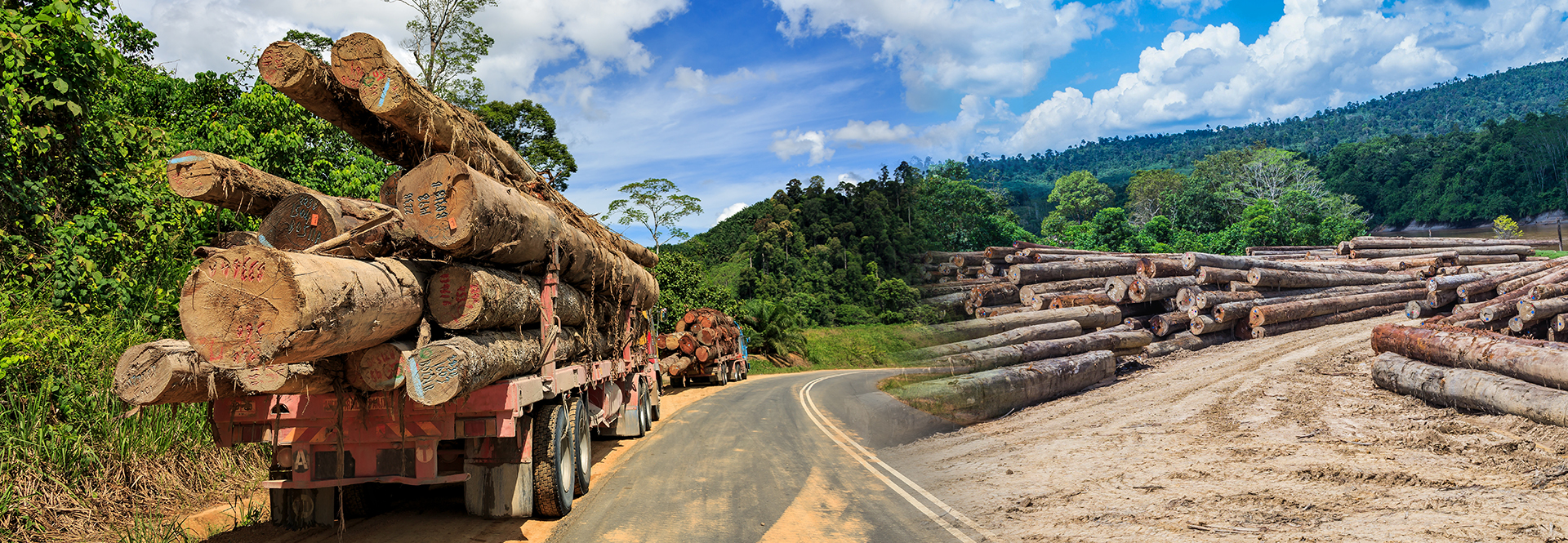“A number of socio-political issues, including but not limited to Brexit, have seen the UK’s tropical timber market become more competitive in recent months”
Tropical timber, like the rest of the hardwood market, had a great first half of the year. But as we approach the end of 2019, the picture has changed… over the last few months, demand has dried up and suppliers have had to become more competitive.
A major cause of this tightening market is Brexit, and the political upheaval that has accompanied it. Multiple missed Brexit deadlines and our third Prime Minister since 2016 are already behind us. No one knows what is in front of us. A continental-based supplier recently said: “General UK trade has become very competitive, with some businesses offering African timbers at very low rates that will be difficult to replace going forward.”
There’s an added complication for traders: prior to the original March deadline for Brexit (which was touted as non-negotiable by the government of the time), many importers built up a larger than normal stock of tropical timber. This was intended to hedge against crashing out of the EU without a deal. Now, of course, it has created a glut.
Total tropical wood product imports for the first half of the year rose by 13% against the first six months of 2018, with the biggest increases being seen in mouldings, decking and flooring.
In a post-Brexit world, trade in tropical timber is expected to come under yet more pressure, as the due diligence requirements on product entering the UK increases. This is likely to alter the market, seeing smaller merchants buy from large UK organisations that have the ability to manage these changes at the border. There is hope that the Forest Law Enforcement, Governance, and Trade initiative (FLEGT) will provide a framework to underpin trade in tropical timber.
A major challenge identified by importers is marketing, with many commenting that the false message that trade in tropical timber is implicated in deforestation had to be countered.

